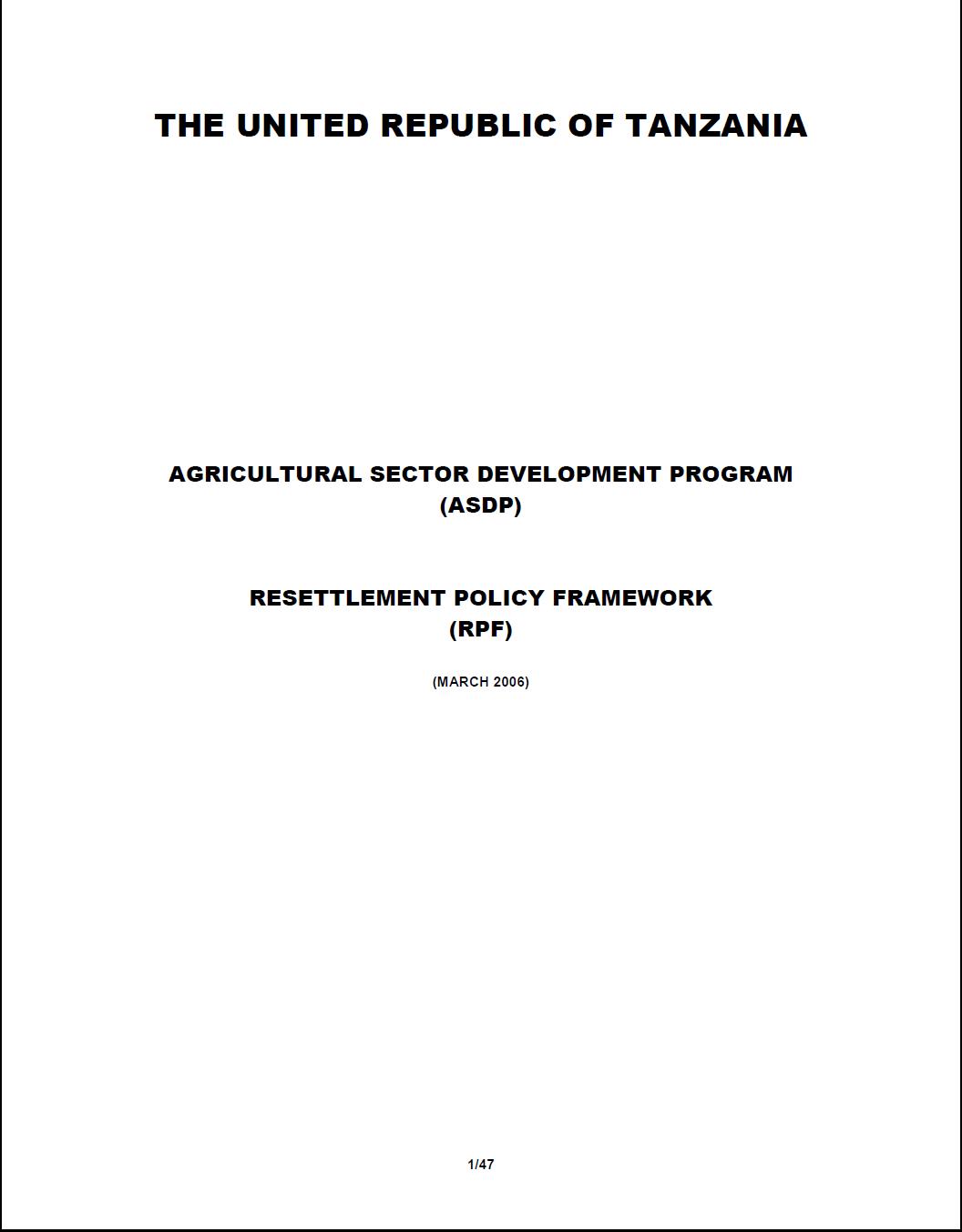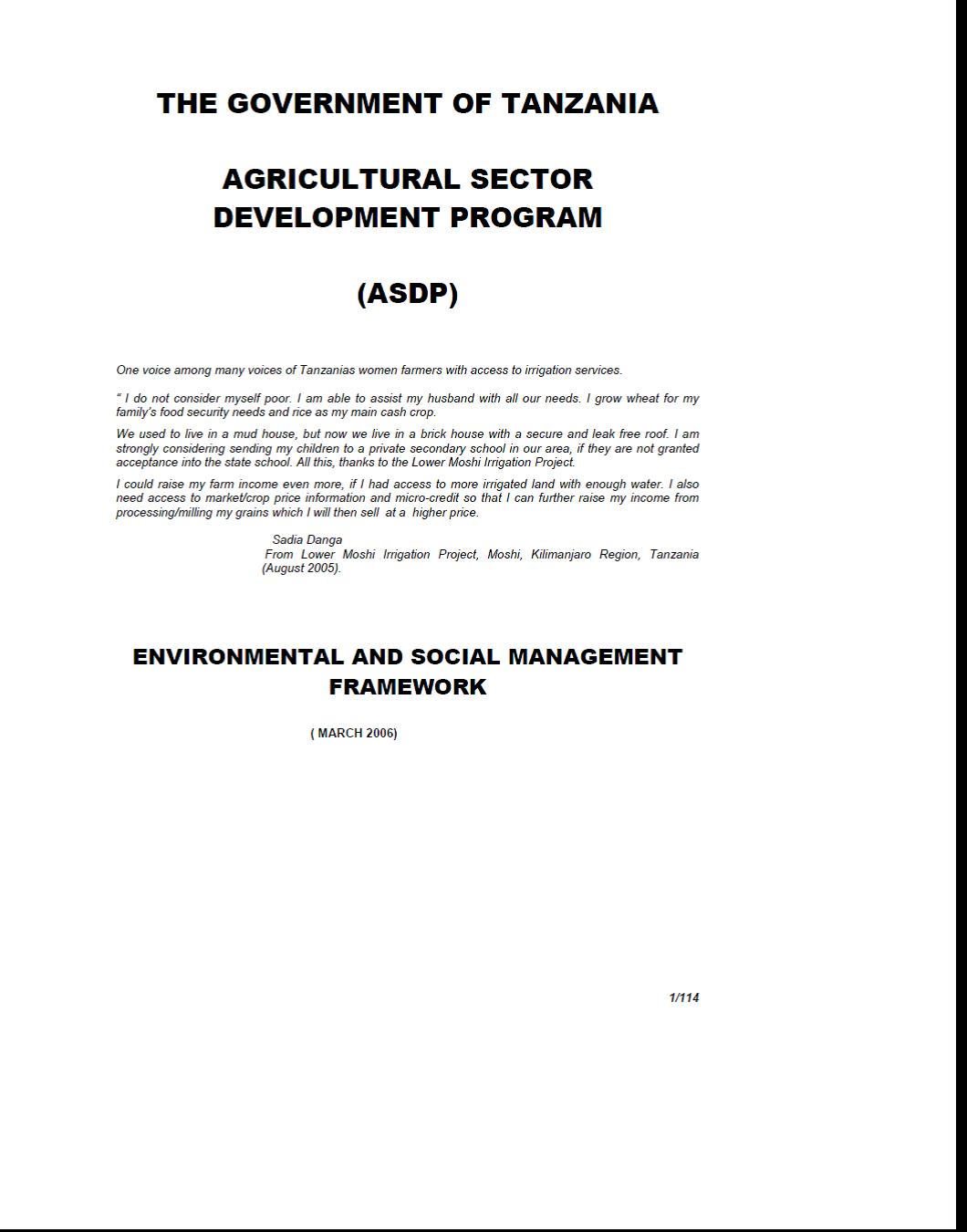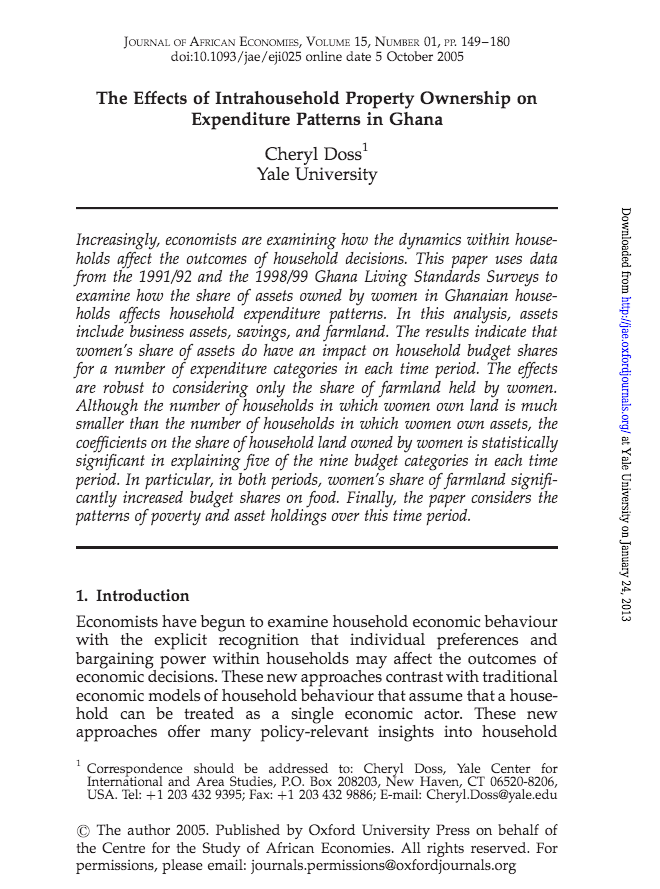L'union fait-elle la force - Le droit à l'alimentation et les stratégies de lutte contre la pauvreté
Les stratégies de lutte contre la pauvreté génèrent des attentes aussi grandes que les espoirs suscités par les « Directives volontaires à l'appui de la concrétisation progressive du droit à l'alimentation ». La question est souvent posée de savoir s'il est possible d'intégrer le droit à l'alimentation dans l'instrument désormais établi que constituent les stratégies de lutte contre la pauvreté. Le présent article analyse dans quelle mesure il est possible de concilier les deux approches afin de contribuer de manière significative à la réduction de la faim.







